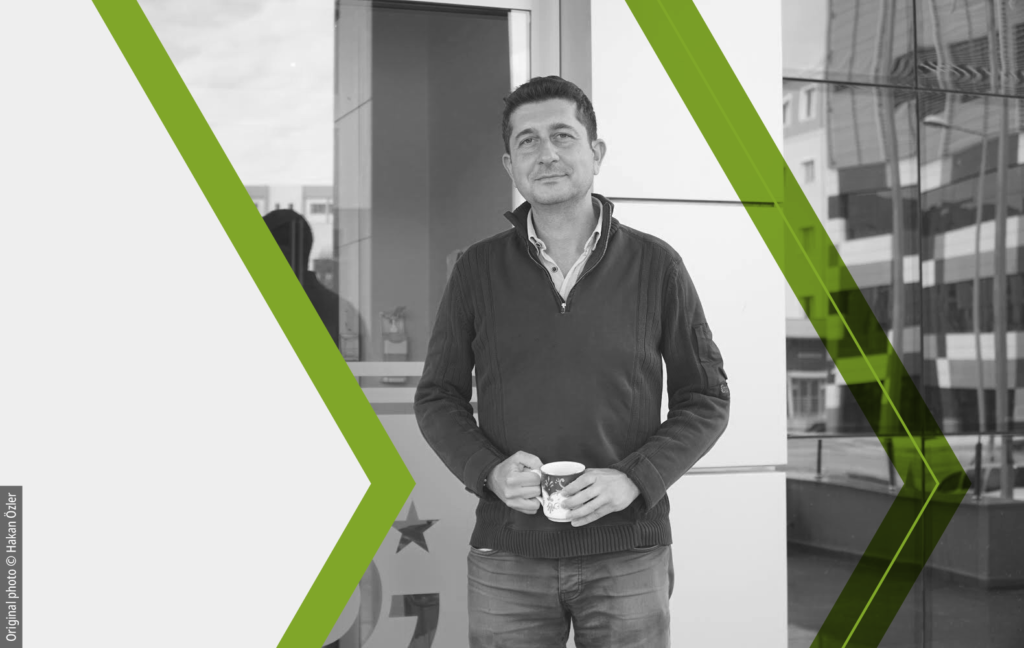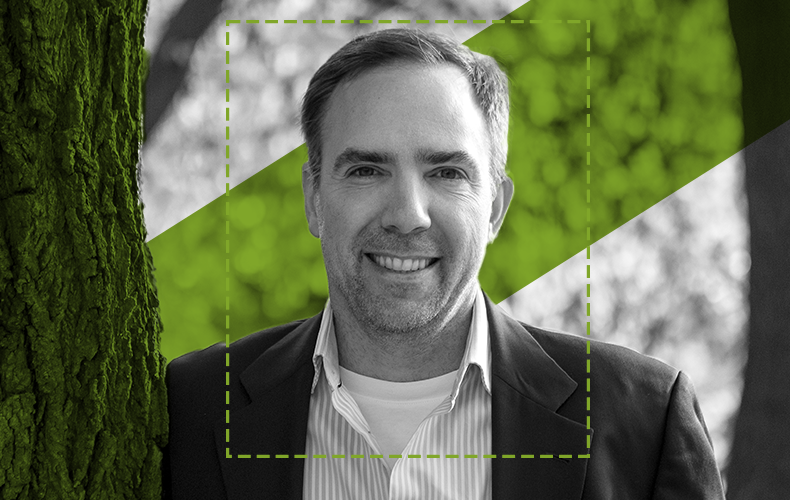19 January 2022 – “I chose life sciences because it has stories you can tell,” says Turkish EMBO Installation Grantee Seyit Kale about switching from undergraduate physics to PhD research in biophysics and structural biology. The change also entailed a move to the US, where he spent 13 years before returning to Turkey. Kale is now a research group leader at the Izmir Biomedicine and Genome Center (IBG), which he describes as unique in the country, truly international, and productive: “There is something that keeps you dynamic here, which is helpful. Especially when you are early in your career, you really need collaborations and people to talk to.” He continues that collaboration is a win-win situation that allows scientists to generate something new and grow together.
Kale studies a curious characteristic of chromatin: protecting DNA and making it accessible at the same time. He focuses on the smallest repeating unit of chromatin, the nucleosome, which is tangible using molecular simulations. Nucleosomes with different epigenetic modifications have a similar structure, but behaviour and dynamics change. The central question Kale addresses is how epigenetics alters the physics of chromatin. His computational group works with scientists at IBG and abroad for experimental validation. He considers using his installation grant to run experiments in his own laboratory. “Whatever I can bring or build in Turkey is very well received and much needed,” Kale explains. “I want to spend the funds from the EMBO Installation Grant to build up something here, train students, and bring know-how.”



